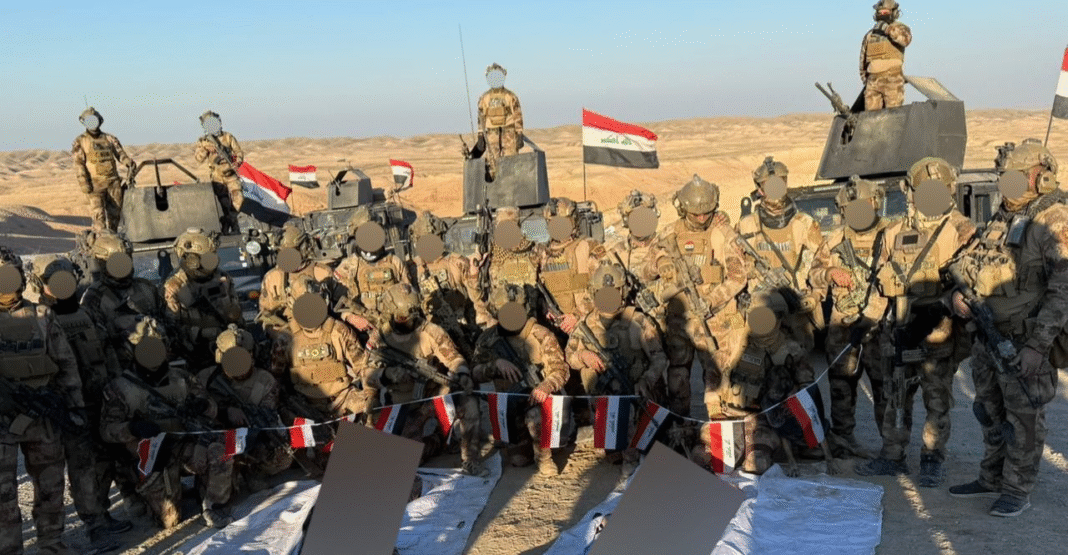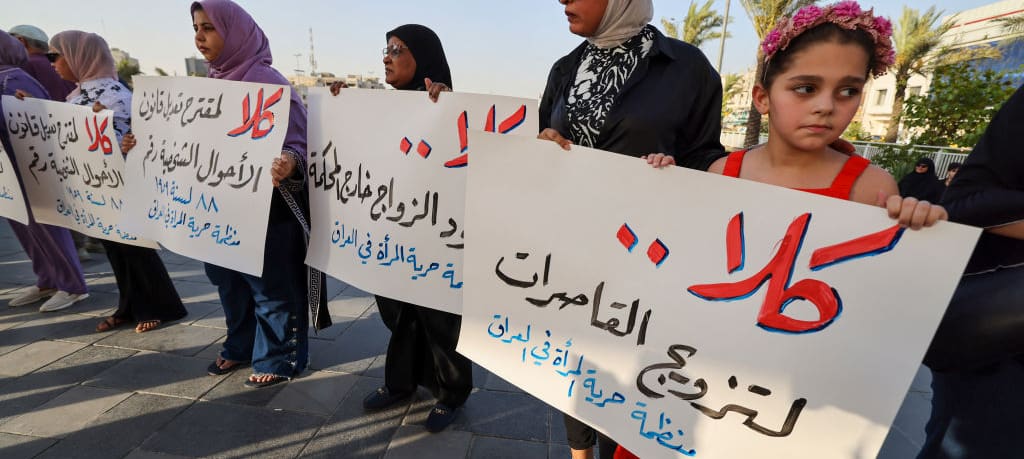Iraqi Forces Strike ISIS, and the Joint Operations Command (JOC) announced targeted airstrikes in Kirkuk on Sunday. The operation followed a three-month intelligence and monitoring campaign. Furthermore, the mission demonstrates Baghdad’s continued determination to eliminate remaining terrorist networks across the country. Experts emphasized that Iraqi Forces Strike ISIS only after careful tracking and precise planning.
JOC, which reports directly to the Prime Minister, stated the airstrikes targeted five specific ISIS positions. Moreover, the operation relied on detailed intelligence from the Falcons Intelligence Cell and the Army’s Directorate of Military Intelligence. Officials described the strikes as “specialized and precise,” highlighting the coordination between intelligence units and operational forces. JOC confirmed that the mission remains ongoing, with additional details to be released when operational conditions allow.
Additionally, JOC emphasized that Iraqi security forces combine expertise, accurate intelligence, and continuous field efforts to confront terrorism. The command underlined its focus on striking dens of terrorism and ensuring accountability for ISIS members. The airstrikes, therefore, represent a measured but forceful approach to confronting insurgent threats.
Although ISIS lost its territorial caliphate in Iraq by 2017, the group has transformed into a dispersed insurgency. It now exploits desert and mountainous terrain, cross-border supply routes, and safe-havens along Iraq’s borders and rugged interior. Consequently, counterterrorism efforts require careful surveillance, rapid response, and multi-agency coordination.
Recent reports from the Syrian Observatory for Human Rights (SOHR) reveal increasing ISIS attacks in areas under the Syrian Democratic Forces (SDF). Over the past week, ISIS conducted nine attacks — eight in Deir ez-Zor and one in Hasakah. Since January, attacks have totaled 224, causing 98 deaths, including 69 SDF fighters, 13 ISIS members, and 16 civilians. These developments demonstrate that ISIS can operate across Iraq-Syria border zones, posing persistent regional threats.
Furthermore, the Kirkuk airstrikes reflect Iraq’s proactive approach amid these regional challenges. The operation’s success depends on continuous intelligence gathering, inter-agency coordination, and the ability to operate in difficult terrain. Observers noted that sustained monitoring and rapid response remain crucial to dismantling residual ISIS networks.
Ultimately, the Kirkuk campaign highlights Iraq’s commitment to national security. As Iraqi Forces Strike ISIS, officials reaffirm their resolve to target terrorist elements wherever they hide. The operation signals a broader regional strategy to maintain stability and counter insurgent threats along Iraq’s borders and interior regions.



